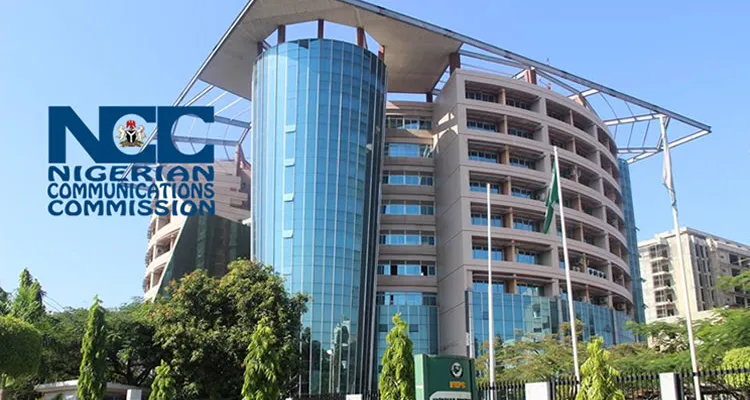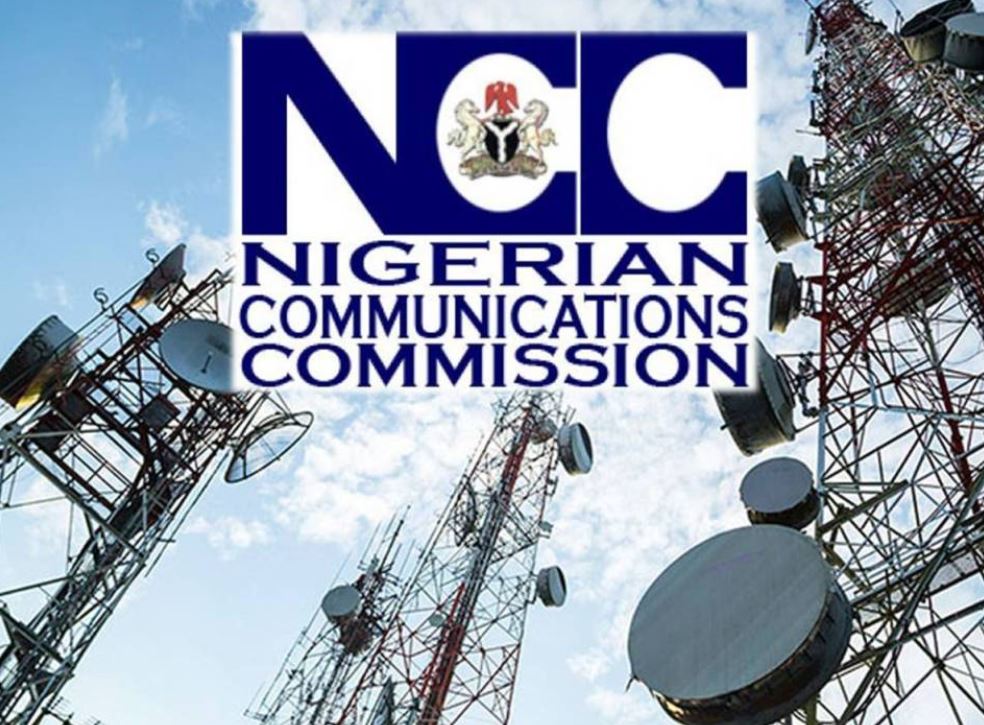Telecommunications companies have received an order from the Nigerian Communications Commission (NCC) to streamline their rate plans, bundling, and marketing initiatives.
This action aims to give subscribers accurate, comprehensible, and unambiguous information about the cost of voice, short messaging service (SMS), and data services.
Read also: NCC denies approving telecom tariff hike
“Show features of your tariff plans and bundle offers”
Entitled “Guidance on the Simplification of Tariffs in the Nigerian Communications Sector,” the order took effect on July 29, 2024. It requires mobile network operators (MNOs) to release an extensive table outlining the features of their bundle offers and tariff plans.
The table should include all the information required for subscribers to make educated choices, such as information about add-ons, their costs, how customers can opt in or out, renewal terms and conditions, and rollover policies.
The guideline results from in-depth data analysis on customer preferences and expectations, as well as discussions with industry stakeholders, including MNOs and Customer Focus Groups.
Guidelines to protect customers’ interest
The simplification guidelines aim to standardise tariff structures, foster fair competition among licensees, protect consumers’ interests by providing them with clear and understandable tariff information so they can make informed decisions, and guarantee transparency and fairness of promotional elements of tariff plans.
Service providers must exhibit all pertinent details regarding their tariffs, including the plan name, cost, duration of validity, price per second for both on- and off-network and international calls, anticipated data speeds, and fair usage guidelines.
Telcos directed to migrate subscribers to simplified tariff plans
The directive said, “Operators may continue to offer bonus-led tariff plans through December 31, 2024, after which operators must inform and transition all subscribers to the simplified tariff plans.”
MNOs are also required by the recommendations to provide subscribers with pricing information in “clear language and a user-friendly format,” fully disclosing the subscriber’s tariff plan through Unstructured Supplementary Service Data (USSD).
Along with these requirements, “operators must eliminate access fees and asymmetric fee structures; bonuses on promotions must be stated in actual value; operators must offer stand-alone data bundles at fair prices to avoid tying consumers with products they do not need.”
The NCC highlighted that operators must also adhere to these guidelines and meet the Key Performance Indicator (KPI) requirements outlined in the Quality of Service (QoS) Regulations.
Read also: NIN-SIM linkage: MTN Nigeria bans 8.6 million users
About NCC
The Nigeria Communications Commission is the independent national regulatory body overseeing Nigeria’s telecommunications sector. The Commission guarantees the availability of effective, high-quality telecommunications services across the nation and fosters a competitive environment for industry operators.
The Nigerian Communications Act 2003, which was approved by both Houses of the National Assembly and signed into law by President Chief Olusegun Obasanjo (GCFR) on July 8, 2003, created the mandate of the Nigerian Communications Commission. The Act allows the NCC to perform its regulatory duties and operations effectively.
The NCC is required to provide licensees with written instructions, consult with businesses, industry groups, and consumers, assign duties to a committee that it has formed, call people to appear before the Commission, sign contracts with any business, organisation, or individual, and create and manage subsidiaries to enable it to carry out its duties.
















